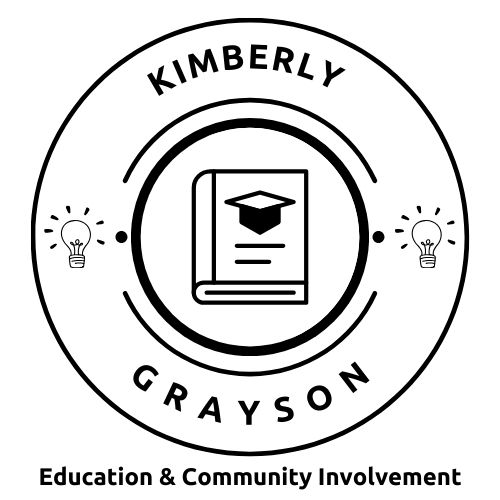Education stands at a crossroads in today’s rapidly evolving world, poised for transformation by innovative technologies. From artificial intelligence to virtual reality, these tools have the potential to revolutionize the way we teach and learn, ushering in a future where education is more accessible, personalized, and engaging than ever before.
Artificial Intelligence: Personalizing Learning Experiences
Artificial intelligence (AI) is one of the most promising advancements in educational technology. With AI, educators can leverage algorithms to analyze vast data, gaining insights into student learning patterns and individualizing instruction. Adaptive learning platforms powered by AI can dynamically adjust content and pacing to suit each student’s needs, fostering personalized learning experiences that cater to diverse learning styles and abilities.
Virtual Reality: Immersive Experiences Beyond the Classroom
Virtual reality (VR) holds immense potential for reshaping the educational landscape by immersing students in realistic simulations and interactive environments. VR transcends the limitations of traditional learning modalities, enabling experiential learning opportunities that are both captivating and memorable. Through VR, abstract concepts come to life, making learning more tangible and engaging for learners of all ages.
Augmented Reality: Blurring the Line Between Reality and Imagination
Augmented reality (AR) enhances classroom instruction by overlaying digital content onto the physical world. AR transforms ordinary objects into interactive learning experiences, fostering active participation and deeper understanding. From interactive textbooks to educational scavenger hunts, AR captivates students’ attention and ignites their curiosity, making learning more engaging and immersive.
Emerging Technologies: Blockchain and Gamification
Beyond AI, VR, and AR, other emerging technologies, like blockchain and gamification, are also reshaping the educational landscape. Blockchain has the potential to revolutionize credentialing and certification, enabling secure and verifiable digital credentials that are portable across institutions and borders. Similarly, gamification taps into students’ natural inclination for competition and achievement, transforming learning into a playful and rewarding experience.
Challenges and Considerations: Ensuring Equitable Access and Ethical Use
While the future of learning holds immense promise, it also presents challenges that must be addressed. As we embrace these innovative technologies, we must ensure equitable access for all learners, bridging the digital divide and empowering marginalized communities to participate in the digital age. Additionally, we must navigate ethical considerations surrounding data privacy, algorithmic bias, and screen time, safeguarding students’ well-being and ensuring that technology enhances, rather than detracts from, the learning experience.
Conclusion: Shaping a Brighter Future for Education
In conclusion, the future of learning is bright, fueled by a wave of innovative technologies that can transform education as we know it. By embracing AI, VR, AR, and other emerging technologies, educators can create immersive, personalized, and inclusive learning environments that empower students to thrive in an ever-changing world. As we embark on this journey into the future of learning, let us harness the transformative potential of technology to unlock new possibilities and shape a brighter tomorrow for generations to come.

